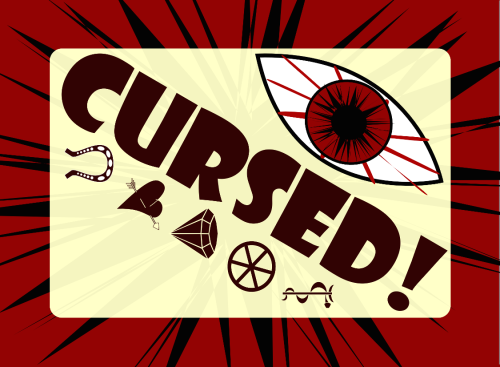Dev Diary: On Starting Small
Since the original conception of Strangeland Games, we have had the idea that for the company to succeed, we would need to remain independent. (Whether that makes us “indie” is a whole can of worms not worth opening).
This desire for independence was in part inspired by those of us in the conversation being laid off from a video game developer which had expected a certain relationship with a publisher to continue, which didn’t , leaving the company with no means to continue. At least, that was the perception to those of us in the ranks and we didn’t want to have that happen to us again.
Partly this explains the (very) slow process of getting this company actually moving but it’s been a theme of many of our company meetings and is worth exploring.
Originally, starting small meant we’d try to make an iOS game, which would leave us with a low initial cost, a potentially large audience, and no need to have a publisher relationship.
The plan was to then (hopefully) turn the profits from that into a larger iOS game, then move into the PC/Steam space, and maybe eventually into consoles if the company grew enough. We knew (and still know) what we’d like to create as our first big budget game.
Largely, the plan is unchanged, but in the intervening time we have learned a great deal about starting small. While an iOS game is certainly well within our capabilities, we have rediscovered a passion for tabletop games, and the rise of Kickstarter has made developing one in an independent fashion feasible.
Even within that, there are scale factors. We knew we didn’t want to start with a board game, and so of our many concepts we chose Curses!, a card game. It started out as a larger-scale card game with player mats and more cards and rules, but every step of development has made the game leaner, and better.
Now, the player mats remain only as a free printable add-on, possibly with an option to buy high quality printed versions in the KS. The game has gone from a largeish 6×9 box format to a card pack format. And for all of this, there’s still a sometimes overwhelming amount of work. But we know it’s work we can do, and that we shouldn’t have to ask Kickstarter for much.
And maybe, as I think about it, we can ask for even less.

Leave a Reply